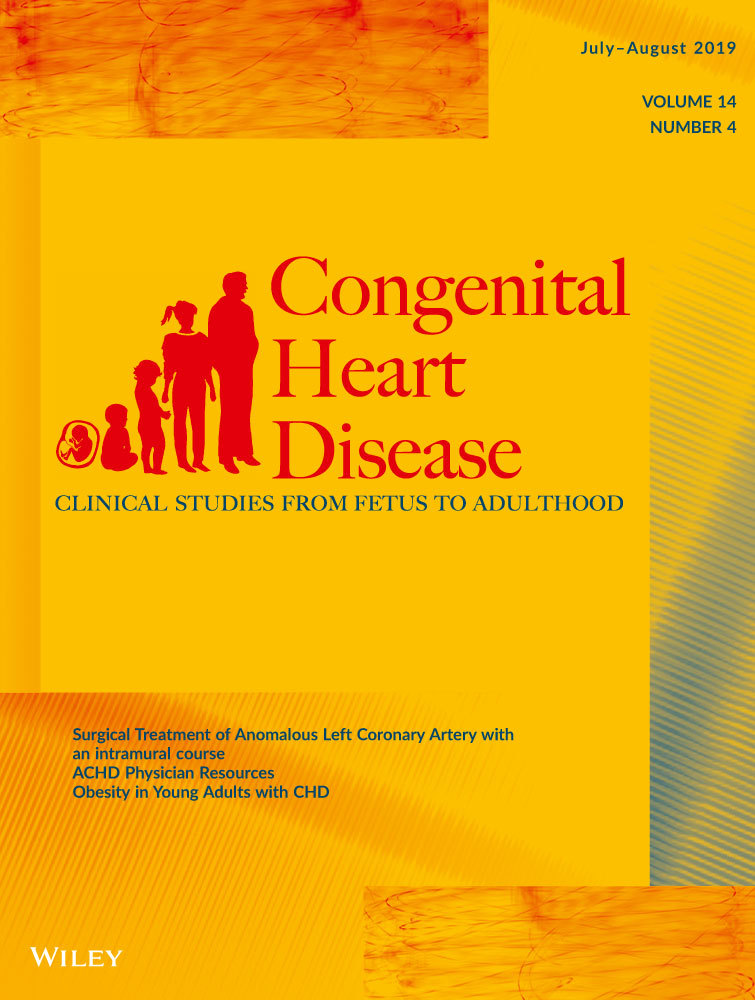Cognitive dysfunction is associated with abnormal responses in cerebral blood flow in patients with single ventricular physiology: Novel insights from transcranial Doppler ultrasound
Abstract
Objectives
Improvements in the management of complex congenital heart disease, including those with single ventricle physiology, have resulted in increased survival. As this population ages, the recognition of cognitive impairment is increasingly important. At present, little is known about the potential mechanisms of cognitive dysfunction. In this cross-sectional study, we aimed to characterize the nature of abnormalities in cerebral blood flow and the relationship to cognitive deficits in adults with single ventricular physiology.
Patients
Ten adults with single ventricular physiology (age 18-40 years) and 12 age- and gender-matched controls underwent transcranial Doppler ultrasound and accompanying cognitive assessment.
Outcome Measures
Patients underwent neuropsychological testing that assessed differing cognitive domains, with subjective cognitive decline determined from a 24-question survey. Transcranial Doppler ultrasound was used to assess baseline cerebral blood flow as well as change in cerebral blood flow velocities from baseline and during cognitive testing. Age, ethnicity, individual, and parental education levels were considered in the multivariate analyses.
Results
On assessment of cognitive function, the patient group performed more poorly across each of the measured domains. The control group had a significantly greater increase in cerebral blood flow in response to cognitive stimuli compared to the patient cohort; these differences in response to cognitive stimuli were seen to a similar extent across each of the measured cognitive domains.
Conclusion
Adults with Fontan physiology are underperforming in assessments of executive function with associated abnormalities in cerebral perfusion potentially contributing to cognitive deficits.
CONFLICT OF INTEREST
The authors declare that they have no conflicts of interest with the contents of this article.




